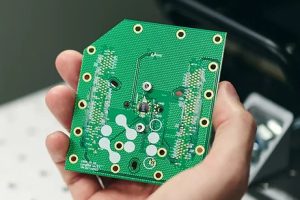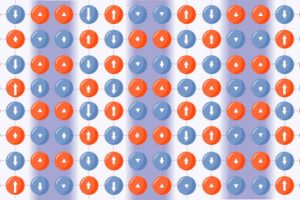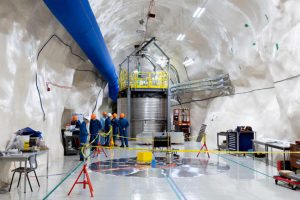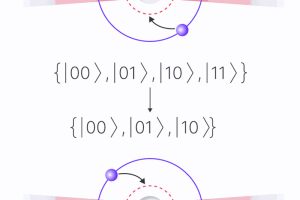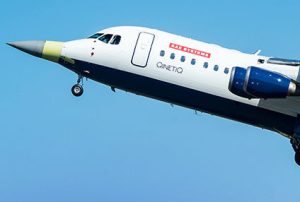
By using quantum-based references in the accelerometers and gyros at the heart of an intertial measurement unit (IMU), it is theoretically possible to maintain absolute accuracy over time as an object moves from its initial location – removing the drifty nature of normal accelerometers and gyros.
While an absolute IMU may never exist, the hunt is on for quantum-based accuracy well beyond that of conventional IMUs to avoid the need for satellite-based navigation systems like GPS, which are vulnerable to jamming and spoofing.
With UK Government funding, quantum technology company Infleqtion teamed up with BAE Systems and research lab QinetiQ on a series of airbourne quantum device trials at MoD Boscombe Down in Wiltshire, which have just finished.
On the flights were Infleqtion’s ‘Tiqker’ optical atomic clock and “a tightly confined ultra-cold-atom-based quantum system”, according DSIT, which said: “Portable production of ultra-cold atoms is key piece of the puzzle. Ultra-cold atoms are ideal for building quantum accelerometers and gyroscopes.”
The test are part of a project funded by UK Research and Innovation (UKRI) focusing on creating quantum sensors to address the UK’s reliance on GNSS/GPS for location, navigation and timing data. “This dependence creates a vulnerability – a single point of failure [that] could disrupt critical economic, defence and strategic activities,” said DSIT.
Other members of the consortium are Fraunhofer Centre for Applied Photonics (Germany), Alter Technology UK, Caledonian Photonics, Redwave Labs and PA Consulting.
These flight trials are a part of the UK’s National Quantum Strategy called Mission 4, which aims to deploy quantum navigation systems on aircraft by 2030.
Infleqtion, known as ColdQuanta until the end of 2022, has offices in the US, UK and Australia.
Based in Oxford, subsidiary Infleqtion UK has a research laboratory and manufacturing for the UK-developed ‘PICAS’ (photonically integrated cold atom source), RF sensors for communications and defence applications, memory modules for secure quantum networks, and quantum platforms for computation and simulation.
 Electronics Weekly Electronics Design & Components Tech News
Electronics Weekly Electronics Design & Components Tech News
